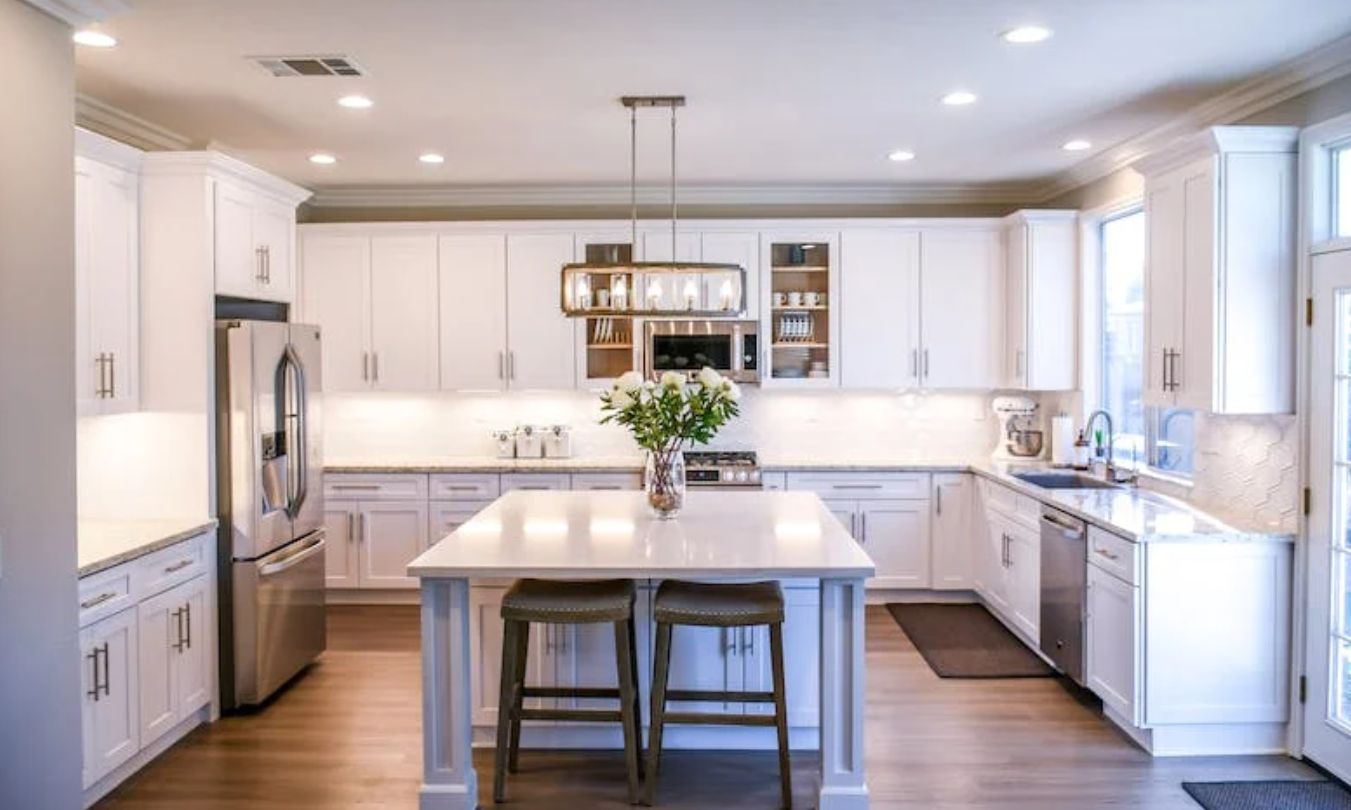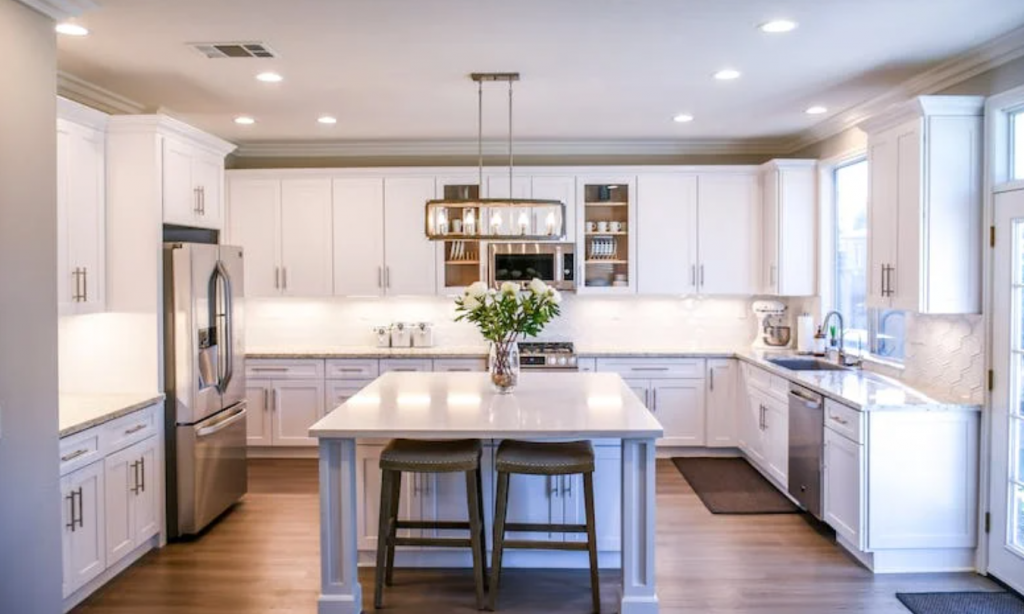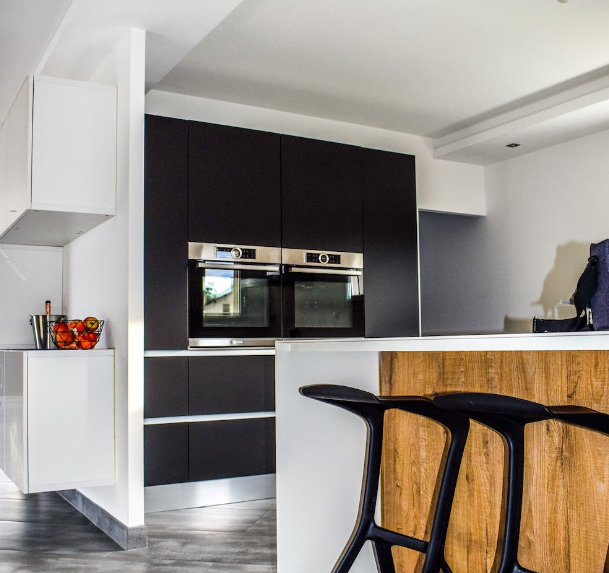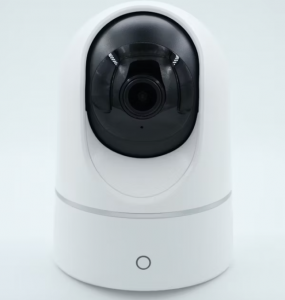Connected Kitchen: Exploring Smart Appliances for Modern Cooking
4 min read
In today’s fast-paced world, where time is of the essence and convenience reigns supreme, the evolution of technology has seeped into every aspect of our lives, even the heart of our homes – the kitchen. The concept of a connected kitchen, brimming with smart appliances, is not just a futuristic fantasy anymore; it’s a tangible reality shaping the way we cook, eat, and live. But what exactly does it mean to have a connected kitchen? How do these smart appliances revolutionize our culinary experiences? And what implications do they have for the future of cooking and domestic life?
The dawn of the connected kitchen era sparks a myriad of questions. Picture this: a refrigerator that notifies you when you’re running low on groceries and seamlessly places an order for replenishment. Or perhaps a smart oven that suggests recipes based on the ingredients you have on hand and then preheats itself to the perfect temperature, all with a simple voice command. These are not just figments of imagination but rather the innovative capabilities of modern smart appliances. The allure of convenience intertwined with cutting-edge technology raises the question: are these advancements merely gadgets to make our lives easier, or do they signify a profound shift in how we interact with our kitchen spaces?

Unveiling the Future of Culinary Innovation
The integration of smart appliances into our kitchens transcends mere convenience; it’s a paradigm shift in the way we approach cooking and food preparation. At the heart of this revolution lies connectivity – the ability of devices to communicate with each other and with us, the users. Take, for instance, the concept of the smart fridge. Gone are the days of scribbling grocery lists on scraps of paper; these intelligent refrigerators come equipped with cameras and sensors that not only keep track of your inventory but also suggest recipes based on the ingredients inside. They can even connect to your smartphone, allowing you to check what’s in your fridge while you’re at the grocery store.
Similarly, smart ovens and cooktops bring a new level of precision and control to the cooking process. With features like Wi-Fi connectivity and voice commands, you can preheat your oven on your way home from work or adjust the temperature of your cooktop with a simple voice command. These appliances are not just making cooking more convenient; they’re also empowering home cooks to explore new recipes and techniques with confidence.
Embracing Efficiency and Sustainability
Beyond convenience and innovation, smart appliances in the kitchen are also driving efficiency and sustainability. By optimizing energy usage and reducing food waste, these devices are helping to minimize our environmental footprint. For example, smart refrigerators can alert you when your perishable items are nearing their expiration dates, helping to prevent food spoilage and unnecessary waste. Additionally, features like energy-efficient cooking modes and automatic shut-off timers on smart ovens and cooktops are helping to conserve energy and lower utility bills.
Navigating the Challenges of Connected Living
While the connected kitchen offers a plethora of benefits, it’s not without its challenges. Privacy and security concerns are at the forefront of many consumers’ minds, as the collection of data by smart appliances raises questions about who has access to this information and how it’s being used. Additionally, the reliance on technology in the kitchen begs the question of what happens when these devices inevitably malfunction or become obsolete. Will we lose the ability to cook and prepare food without the aid of smart technology?
Conclusion
In conclusion, the connected kitchen represents a bold new frontier in culinary innovation, blending cutting-edge technology with timeless culinary traditions. From smart refrigerators that keep track of our groceries to intelligent ovens that streamline the cooking process, these appliances are reshaping the way we interact with our kitchen spaces. While there are challenges to navigate, the benefits of efficiency, convenience, and sustainability are undeniable. As we continue to embrace the possibilities of connected living, the kitchen of the future promises to be a place where creativity, efficiency, and sustainability converge in perfect harmony.

FAQs
- Are smart appliances in the kitchen worth the investment?Smart appliances can offer significant benefits in terms of convenience, efficiency, and sustainability, making them a worthwhile investment for many homeowners. However, it’s essential to carefully consider your specific needs and budget before making a purchase.
- How secure are smart appliances in the kitchen?Security measures vary among different smart appliances, but manufacturers are increasingly prioritizing privacy and security features to protect consumers’ data. It’s essential to research the security features of any smart appliance before making a purchase and to follow best practices for securing your home network.
- What happens if a smart appliance malfunctions?Like any electronic device, smart appliances can experience malfunctions or technical issues. Many manufacturers offer warranties and customer support services to address these issues, but it’s essential to familiarize yourself with the warranty terms and contact information for customer support before purchasing a smart appliance.
- Can smart appliances help reduce energy consumption in the kitchen?Yes, many smart appliances are designed with energy-saving features that can help reduce energy consumption in the kitchen. From energy-efficient cooking modes to automatic shut-off timers, these features can help lower utility bills and minimize environmental impact.
- How can I ensure the compatibility of smart appliances with my existing kitchen setup?Before purchasing a smart appliance, it’s essential to check its compatibility with your existing kitchen setup, including your home’s Wi-Fi network and any other smart devices you may have. Many manufacturers provide compatibility information on their websites or in product documentation to help you make an informed decision.





